Several members of Congress overseeing Big Tech issues are accused of owning significant quantities of Apple stock, which could present conflicts of interest.
As Big Tech firms, most especially including Apple, come under increasing scrutiny from governments worldwide, Senator John Ossoff (D-Ga) is accused of effectively being in collusion with Apple because he may own stocks in the company. The New York Post makes vague claims that unspecified "watchdogs" are concerned over conflicts of interest, but the publication appears to be the accuser.
It's hard to be certain whether the accusation comes from The New York Post itself, or whether there are any actual "watchdogs" accusing Ossoff and other members of Congress. That's because the publication's article is hyperbolic and so bordering on hysterical that it's difficult to find the facts for all the noise.
Nonetheless, the publication's position is that Senator Ossoff, who has campaigned against congressional stock trading, is among the almost one in five in the Senate "who own or likely own" Apple stock. That phrasing is not entirely as woolly as it sounds, because the publication is counting senators who, like Ossoff, have put their stocks into a blind trust.
"You can't put Apple stock in a blind trust and pretend you don't have Apple stock," Richard Painter, former White House chief ethics lawyer under President George W. Bush, told The New York Post. "This blind trust business, it doesn't work unless you actually sell the underlying assets."
Reportedly, at least 14 other members of Congress have stocks in Apple. Those include Democratic Senators John Hickenlooper, Thomas Carper, Jacky Rosen, Ron Wyden and Sheldon Whitehouse, as well as Senator Ossoff.
They also include Republican senators Kate Britt, Tommy Tuberville, John Boozman, Susan Collins, Markwayne Mullin, Tim Scott, Bill Hagerty and Shelley Moore Capito.
But speaking specifically about Senator Ossoff, Painter said that he had demonstrated "really bad judgement" by not selling his Apple stake upon taking office. It seems like general rule should apply to anybody taking office — which is what the blind trust regulation that Ossoff is championing will at least partially address.
Ossoff is said by the publication to have owned between $1 million and $5 million in Apple stocks before setting up a blind trust in 2021. In this case, the imprecision in the details appears to be down to the publication, with other sources say Apple represented half of Ossoff's net work before taking office.
Senator Ossoff is obviously not part of the Department of Justice's antitrust case against Apple. He is, though, a majority member of the Senate Judiciary Subcommittee On Privacy, Technology, and the Law.
In that capacity, he voted in favor of advancing legislation through the pair of bills, the American Innovation and Choice Online Act (AICOA) and the Open App Markets Act. Neither bill made it through to law, allegedly following lobbying by firms including Apple.
The two bills both concentrated on anti-steering regulations, which would prevent firms from giving preferential promotion to their own services. The AICOA bill would also have at least encouraged Apple to allow sideloading and third-party app stores.
Both of the bills were delayed being put forward, for lack of sufficient support, which ultimately ultimately defeated them, too. Very similar legislation has subsequently been passed into law in the European Union, though.
The New York Post says that while Ossoff publicly backed both bills, in private he raised concerns about them. Specifically, he questioned the bills' impact on user security and data privacy, just as Apple has done.
"Having to deal with a senator who regularly repeated Apple talking points — as if it wasn't obvious they were Apple talking points — was bad enough," a unnamed source told the publication. "But it was even worse that in all likelihood he owned millions of dollars in Apple stock as he was doing it."
A spokesperson for Senator Ossoff told The New York Post that this criticism was "laughable." The spokesperson declined to comment on whether the senator's blind trust still included Apple shares.
 William Gallagher
William Gallagher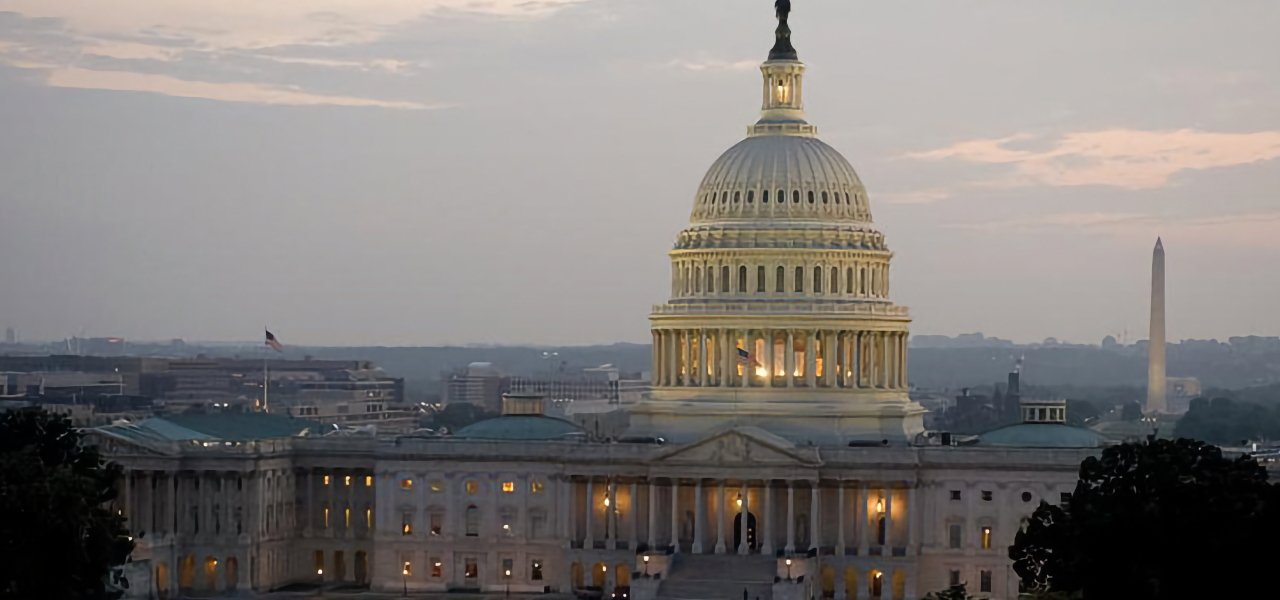




-m.jpg)


-m.jpg)






 Christine McKee
Christine McKee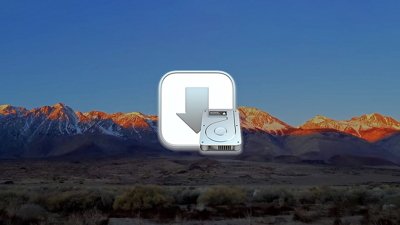
 Chip Loder
Chip Loder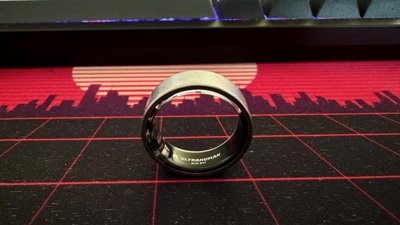
 Oliver Haslam
Oliver Haslam
 Malcolm Owen
Malcolm Owen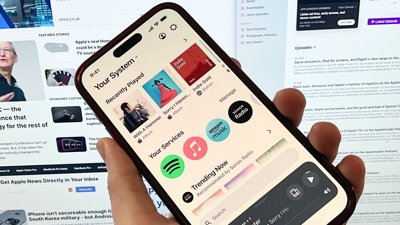
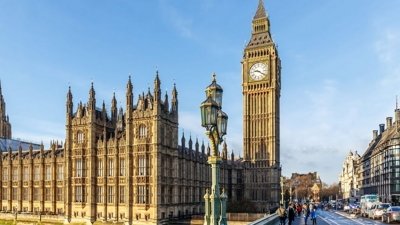
 Amber Neely
Amber Neely

 Andrew Orr
Andrew Orr
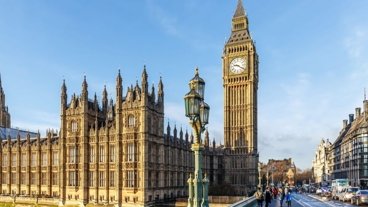






6 Comments
So is that a positive or a negative?
Wouldn't they have refrained from passing such a case if they were only looking for profit?
Doesn't it make their case seem better now?
Also, these politicians should be made to sell their shares, otherwise they would be biased for these companies and try to safeguard their profit and ignore the practices of large corporations.
(I believe Gaetz and AOC had joined forces to get such a legislature passed, wonder what's the state of that.)
Members of Congress currently aren't banned from owning stock. I'm sure Richard Painter and the New York Post would be aware of that. However, the STOCK Act was passed and signed into law in 2012. It's mainly focused on insider trading
"The Stop Trading on Congressional Knowledge (STOCK) Act of 2012 (Pub. L.Tooltip Public Law (United States) 112–105 (text)(PDF), S. 2038, 126 Stat. 291, enacted April 4, 2012) is an Act of Congress designed to combat insider trading. It was signed into law by President Barack Obama on April 4, 2012. The law prohibits the use of non-public information for private profit, including insider trading, by members of Congress and other government employees. It confirms changes to the Commodity Exchange Act, specifies reporting intervals for financial transactions."
https://en.wikipedia.org/wiki/STOCK_Act#Section_6
https://www.congress.gov/bill/112th-congress/senate-bill/2038
As for "talking points", there are corporations on either side of the antitrust allegations. So saying anything pro/con for the issues involved is going to technically involve covering ground contained in corporate talking points.
Requiring legislators to sell all their stocks upon election is the ideal. But perhaps requiring them to recuse themselves from any legislative process that involves their holdings might be more palatable.